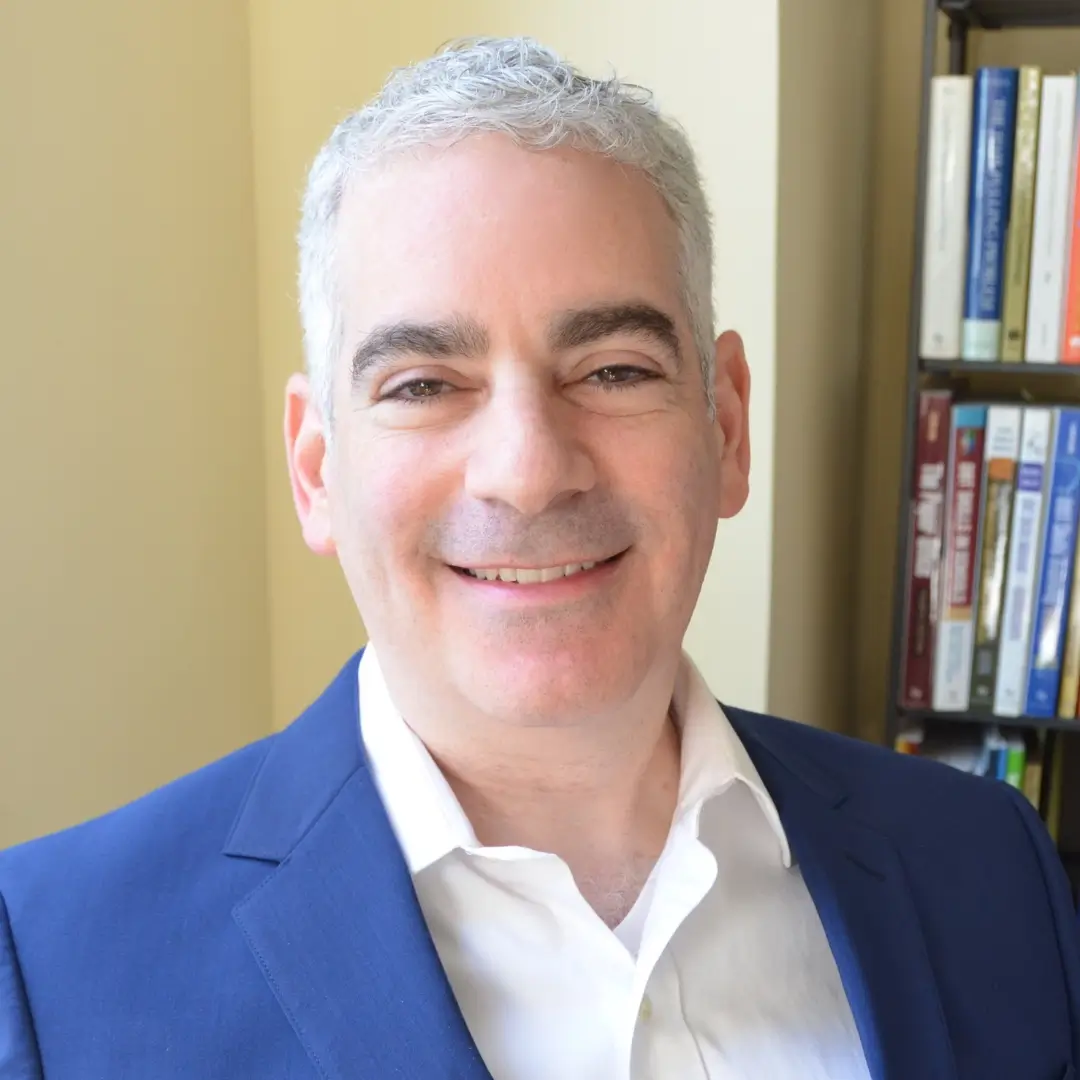It’s one thing to be told you have POCD. It’s another to feel comfortable that your fears are “just OCD.” So is it POCD, or could you be a pedophile in denial?
What Is POCD?
POCD stands for pedophilic obsessive compulsive disorder. It’s not a separate condition from obsessive-compulsive disorder (OCD). However, the isolating and demoralizing experience of POCD makes it a bit unique.
It’s common for OCD to center on various sexuality-related topics, and to be sure, obsessions about any sexual concern can be extremely distressing. But pedophilia may be the biggest taboo our society has, so the idea of being a pedophile is a particularly terrifying one for those suffering from this condition. Fear of violating this taboo leads to the secret shame that many POCD sufferers feel. POCD is often accompanied by depression, anxiety or other types of obsessional thoughts.
A Demanding Question
When a POCD obsession strikes, it feels as if every other question in the world is unimportant, except for this one. Am I actually attracted to that child, or not?
There is no higher priority in that moment than figuring out the answer to this question, especially when there is an easy way to find out. But is that possible? How would you check? There is no lab test that can be run to figure it out, as there is for many medical illnesses. So how do people with POCD “check?”
Sexual preferences and attraction are tricky things — the harder you look for certainty about them, the more elusive certainty gets.
Checking Compulsions in POCD
Let’s say that someone with POCD is walking down the street and passes by a child. Then the thought comes: Was I sexually attracted to that child? POCD checking in a case like this can take several forms. They can:
- scan their body for signs of physiological sexual arousal (see also our separate post on sexual arousal in POCD).
- search for something “unattractive” about the child.
- mentally review the non-pedophilic relationships they’ve had in their life in the hopes this sheds light on whether it’s more likely to be denial or POCD.
Sometimes these forms of checking bring temporary relief, but the longer-term effects are more complicated. Ultimately, the efforts to check do not bring the hoped-for clarity. Sexual preferences and attraction are tricky things — the harder you look for certainty about them, the more elusive certainty gets.
Denial
Denial, of course, is a great fear for those with POCD. It is deeply unnerving to believe you’re a pedophile but are in denial about it. Denial is an unconscious process. So by definition, if you were in denial of something, you wouldn’t know it. You couldn’t.
For example, let’s say someone asked you if you were a space alien, and you said “no.” They then suggested that you were in denial about being a space alien. Could you be sure they were wrong? You could be confident, of course. But how could you know?
Epistemologists have long held that knowing something requires us to be able to justify, or prove, that it’s true. (E.g., I know that it’s raining out and can prove it because I can see it, feel it, hear it, and it’s independently confirmed by the Weather Channel.)
We cannot prove something that, by definition, requires our conscious ignorance of it. It’s impossible! What does that mean for POCD sufferers? It means that ultimately there is no way to definitively prove that people with POCD are not in denial about being pedophiles. This means that the only sensible strategy for those with POCD is to accept that the certainty they seek is just not possible.
The Pros and Cons of Determining Whether It’s POCD or Pedophilia Denial
It’s actually an important question — whether or not to try and “figure out” if the fears of pedophilia are well founded or merely an obsession. How one responds to such an obsession has ramifications, both short-term and long term.
Pros:
- The promise of temporary relief and reassurance
- You’ll be able to feel more comfortable in social situations
- You can take a break from feeling like a blight on humanity
Cons:
- You’ll miss an opportunity to practice tolerating uncertainty, an essential skill to overcome obsessions
- It could take hours of sorting through the evidence to “figure it out.”
- If it *is* POCD and not denial, you’re making the OCD slightly stronger and strengthening bad habits
If you’re trying to figure out whether you really have POCD or are a pedophile in denial, the agony is real. The decisions you make about the issue can have real effects on your life. Consider the factors described here, and if you haven’t already done so, consult with a therapist with training in exposure and response prevention therapy. You can also feel free to contact us if you need help finding someone near you who can help.
Subscribe to the Manhattan Center for Cognitive-Behavioral Therapy blog!










1 Comment